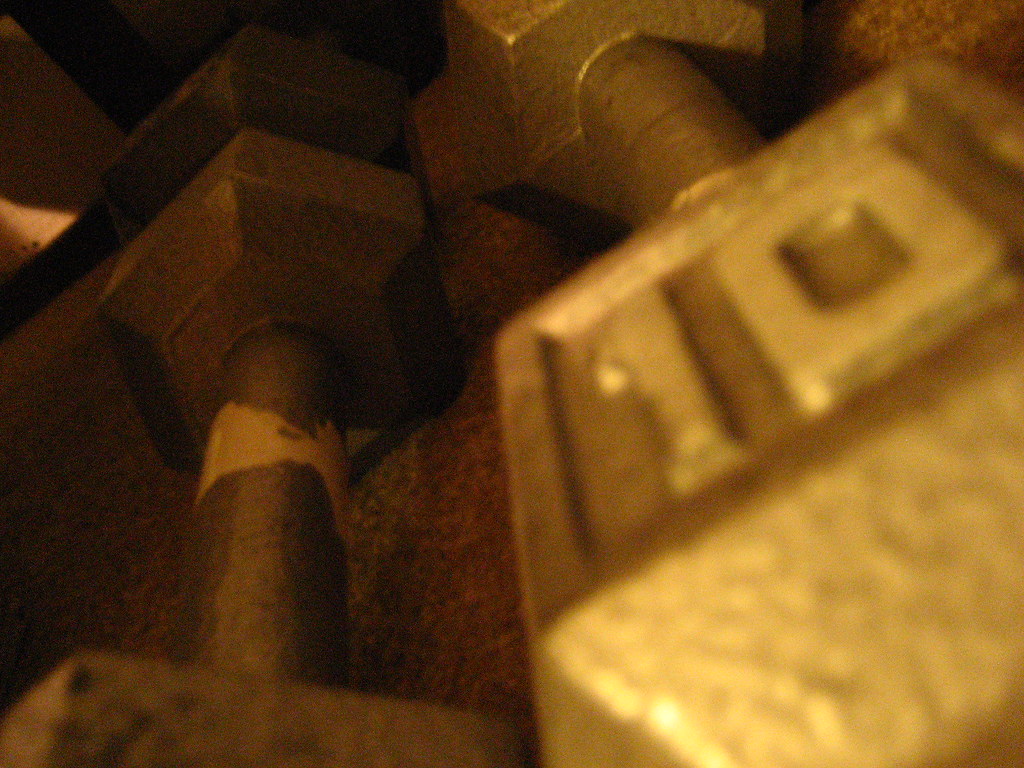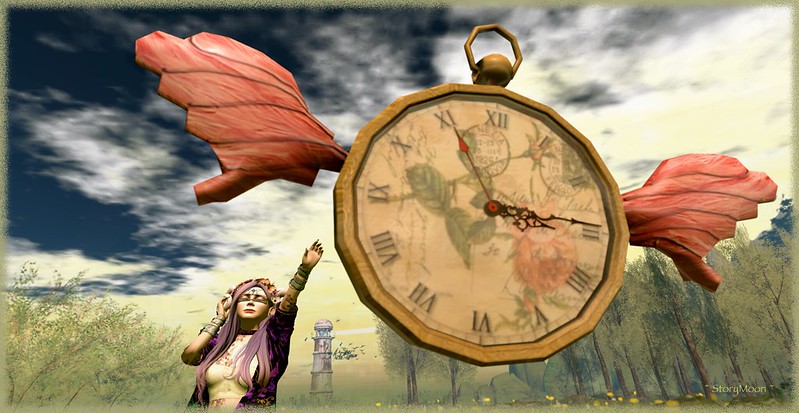When I first read The Stranger, Meursault’s extreme nihilism naturally stood out to me beyond all other aspects of the story. I read about it and pondered it, and found myself thinking that I agreed with parts of it. That is a thought which scared me, because nihilists as classified by Camus believe in only the certainty of death and find no true purpose in anything. It made me question myself; how could I believe in parts of nihilism while still finding value and merit in actions not directly associated with the slow journey towards my death? Later on I realized that it is not nihilism I believed in, but specific actions carried out by Meursault. I appreciated his quiet analytical personality and his rationale, but the aspect of him that I could identify with the most was his rarely-alluded-to love of unfettered nature. When he sat on his balcony and watched the people go by one Sunday, I felt jealous of his ability to do so; when he described the peaceful, starry night just before his execution, I felt an awe for his perception.
Nihilism and I, then, are in disagreement. I am only nihilistic to the extent that I believe death is imminent. I do not believe that nothing has purpose, but rather the opposite. All things have a purpose, large or small, from ending world hunger to spreading technology around the globe to tucking your child in at night. Even if the only purpose an action has is to make yourself or someone else happy, that alone makes the action worth doing. Because Camus finds residing in nature to be beneficial he must find it purposeful; and thus, he cannot be a nihilist himself. Literary critics have claimed the same thing, and determined that Camus used Meursault to explore nihilism within a traditional society, not because he believed in the philosophy but because he wanted to learn more about it. Interestingly enough, Camus blamed World War II on apathetic doctrines like nihilism, as he stated in his 1957 Nobel Prize Banquet speech.
Far more than his exploration of nihilism, I admire Camus’ naturalistic philosophy. I hold it to be mostly true. In his essay Nuptials at Tipasa, he reflects in depth on the natural world and all its grace. While those who look for it can see hints of nihilism, it is an ode to nature, focused more on the imminence of death than the futility of life. He claims that nature and life should be enjoyed to the fullest since we only live once; this is the only contention between his philosophy and my own, because I believe that a soul’s life is a finite loop comprised of many individual existences. The essay is truly a beautiful piece of writing, and it illustrates gorgeously Camus’ love of the earth. For me, it was the single most influential document in my studies of nihilism, Camus, and The Stranger.
By this same token, my favorite aspects of The Stranger are the interspersed moments of solitude that involve Meursault’s reflection on the natural world. For example, when I read of Meursault sitting on his balcony observing the life of Algiers on that Sunday, I felt happiness in the action just as he did, even though I was reading the book looking only for nihilism, which I thought was its most prominent theme. Discovering this naturalistic theme of the novella and of Camus’ philosophy was more enlightening for me than any of my studies of nihilism. It reaffirmed my belief that simply existing passively in the world and drinking in all it has to offer, even for a few fleeting moments here and there, is something that makes life worth living. Life does not have to be work for the sake of work, endless simply because humans tell other humans it must be. Part of life is quiet appreciation, when a human being can interact with his natural surroundings and become part of them and leave his own life simply for the purpose of introspection, or even more simply, for enjoyment. What makes a human a human is his ability to be part of what he came from. If we cannot be part of our own surroundings then we are not human. If we cannot integrate ourselves naturally into our environment, how are we different from aliens?
Nature, and all of life by extension, is something that should be enjoyed. In itself it is worth taking time to appreciate. I find myself striving for free time when I can lay in the sun, feel the rain on my skin, sit in the breeze, play in the snow, and simply be outside and become one with my surroundings. This is not new age, but a desire to enjoy my given environment, as a fish enjoys its stream or a baby the mobile hanging above its crib. It is an innocent and innate human feeling to enjoy what is around them, and it is perceived as wrong only because other humans, for the sake of efficiency in work, say it is wrong, as it takes time away from their designs. As John Lennon said, “time you enjoyed wasting was not wasted”; “wasting time” by passively co-existing with the trees, grass, bugs, and sun is not a waste at all but a blessing, something that defines the human existence and must not be taken for granted. In this capacity the earth is a gift, because there is no other place known to humans like it. We would be fools to waste our time and energy on what does not matter instead of using it to improve our individual existences, as so many humans do now.
Meursault’s nihilism was extreme and not practical, but we should take a lesson from it and learn the true value of life. Such is what I took from my study of the novella. While I hold that there is more than one life that a human can live, it does not mean the current life is any less precious. Each and every life should be appreciated, enjoyed, and utilized to further the individual soul. Thoreau was right to “live deep and suck out all the marrow of life”; it is the very same thing that I want for myself. Nature, humanity, and life are precious. Do not waste life on petty things. Live for the sake of living, and see how your soul grows in the process.









